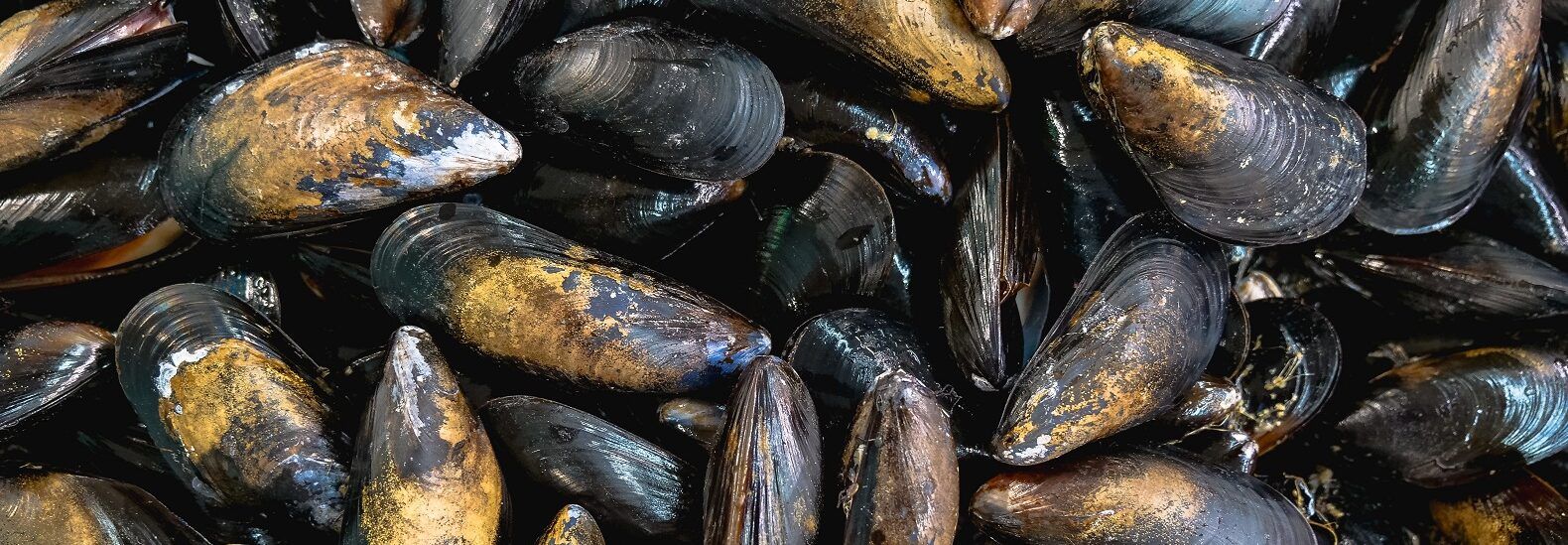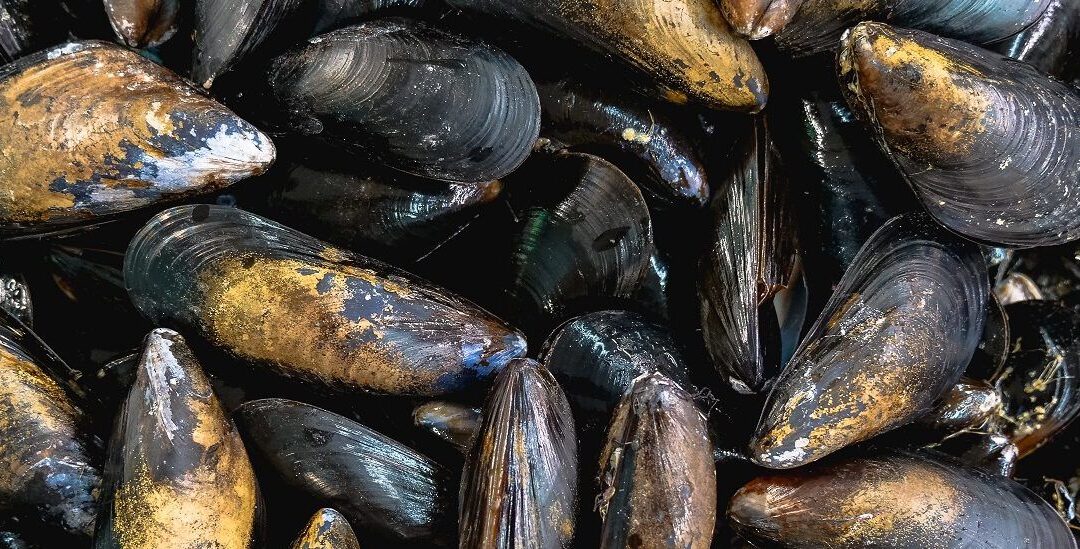
In the Cedar River in Minnesota, the endangered mucket and black sandshell mussels have started to reproduce again for the first time in decades. Three years ago, the Department of Natural Resources released thousands of the mussels into the river and hoped they would start reproducing in the waterway.
Mucket and black sandshell mussels were once abundant in the river but due to human activities they decreased heavily in numbers. These mussels are very important for the river because they filter the water of bacteria such as E. coli. Also they get rid of chemicals and poisons when depositing them into their shells. Since the shells aren’t eaten by any other animals in the food chain, mussels are one of the most popular ways of removing chemicals from the water.
“That’s what’s so unique about mussels,” said Madeline Pletta, DNR biologist to Inhabitat. “If they die out, their shells are still there, maybe for 100 years. So we know exactly where they were. If a fish dies, how would you ever even know it was there?”
Thanks to projects that make the water more habitable for mussels, they can keep on doing their magic and sequester chemicals and poisons, keeping them safe for hundreds of years.
Picture: Inhabitat





